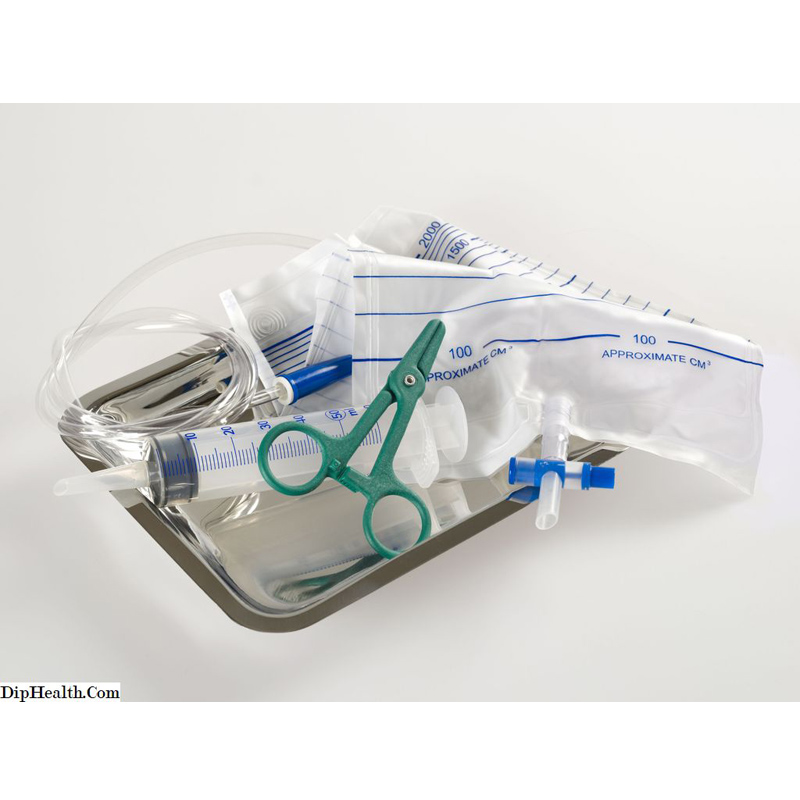PHARMACEUTICAL PURIFIED WATER SYSTEMS IN MEDICAL TECHNOLOGY

Məhsul təsviri
PHARMACEUTICAL PURIFIED WATER SYSTEMS IN MEDICAL TECHNOLOGY
The process water involved in the production process of medical devices mainly includes purified water and water for injection, which are widely used in the production process, such as cleaning (environment, tools or clothing), solution preparation, and as components in products.
As required in the medical device management regulations, the process water shall comply with the relevant regulations and technical standards, and the specific water quality standards shall comply with the relevant provisions of the Chinese Pharmacopoeia on purified water and water for injection.
MEDICAL WATER PURIFICATION SYSTEMS BENEFITS
Medical water purification systems offer several benefits in healthcare settings. Some of these benefits include:
Improved patient safety: Medical water purification systems ensure that the water used for medical procedures is free from harmful contaminants and bacteria, reducing the risk of infections and other complications.
Enhanced efficiency: Medical water purification systems provide a reliable and continuous source of purified water, reducing the need for staff to manually monitor and handle water storage and distribution.
Compliance with regulations: Medical water purification systems are designed to meet strict regulations and standards for water quality in healthcare facilities, ensuring compliance and reducing the risk of fines or penalties.
Cost savings: Medical water purification systems can reduce the cost of purchasing bottled water and eliminate the need for costly maintenance and replacement of outdated equipment.
Environmental sustainability: Medical pharmaceutical purified water systems reduce the use of single-use plastic bottles, which can help reduce waste and promote environmental sustainability.
Overall, medical water purification systems are a valuable investment for healthcare facilities, offering benefits that can improve patient safety, efficiency, compliance, cost savings, and sustainability.
CASE STUDY OF PHARMACEUTICAL WATER SYSTEMS IN MEDICAL TECHNOLOGY
In Vitro Diagnostic Reagents
In vitro diagnosis, namely IVD (In Vitro Diagnosis), refers to the products and services that obtain clinical diagnostic information by testing human samples (blood, body fluids, tissues, etc.) outside the human body to judge diseases or body functions.
In vitro diagnostic (IVD) products are tools for virus detection and provide important scientific basis for virus epidemic prevention and control.
Disposable Sterile Medical Instruments
The disposable sterile medical instruments refer to the products that can be sold and used only after being sterilized and sterilized in accordance with the requirements of the production process flow of disposable sterile instruments in a clean workshop that meets the requirements. Once unsealed, this product should be used immediately, and must be destroyed after use to prevent continued use.
Implantable Medical Device
Any instrument that enters the human body or natural cavity in whole or in part with the aid of surgery; These instruments are considered as implant instruments if they are left in the body for a long time after the end of the surgical procedure, or if some of these instruments are left in the body for at least 30 days.
Medical Filler Materials
Fillers mainly refer to medical materials that are filled under the skin of the human body by surgery or injection to supplement the volume and make the appearance more beautiful.
IMPORTANCE OF PHARMACEUTICAL WATER SYSTEMS IN MEDICAL TECHNOLOGY
Water is an indispensable material in the medical device industry.
The process water involved in the production process of medical devices mainly includes purified water and water for injection, which are widely used in the production process, such as cleaning (environment, tools or clothing), solution preparation, and as components in products.
As required in the medical device management regulations,

